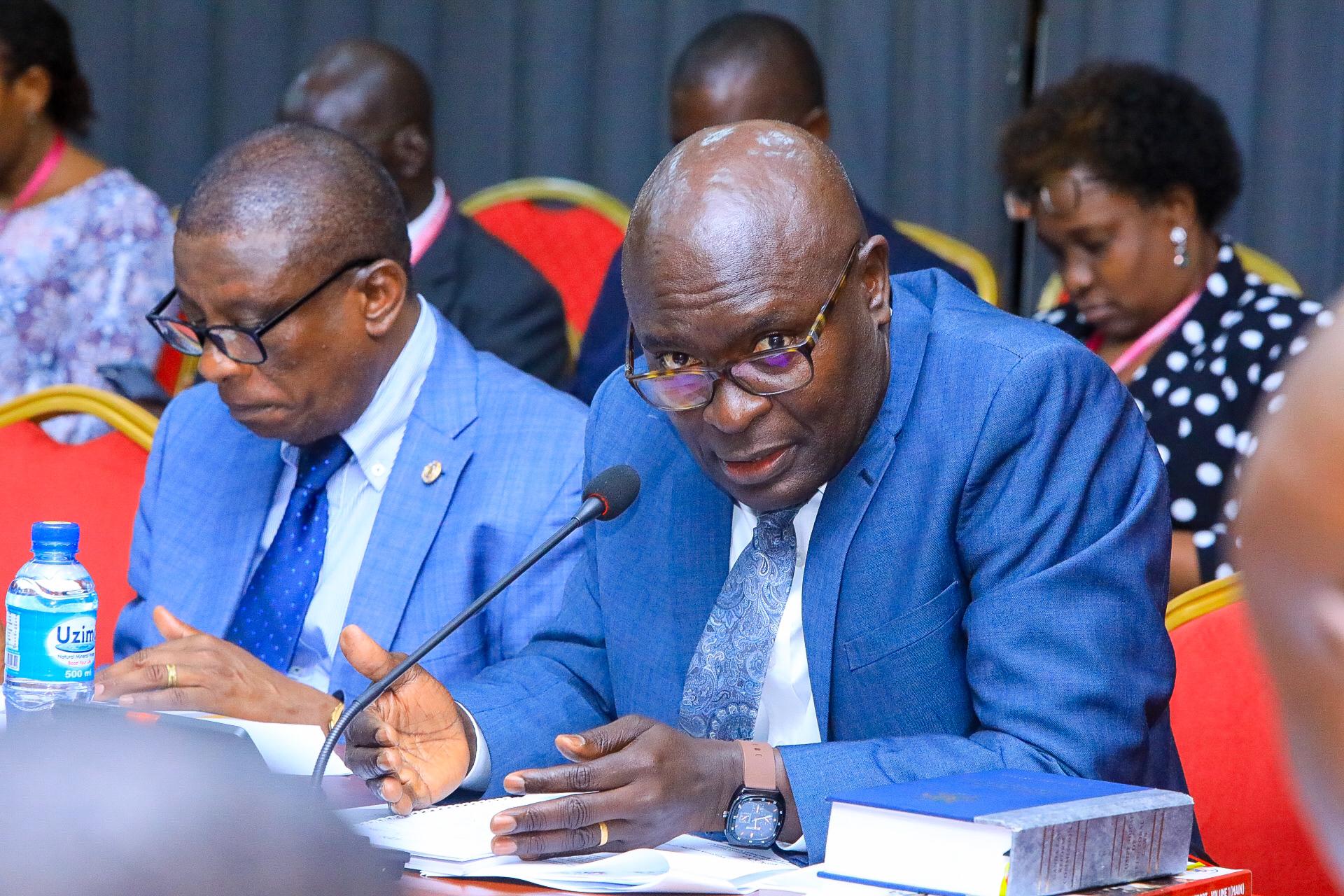Kampala, Uganda – Uganda’s Electoral Commission has announced that 36,000 biometric machines used for the 2024 National Census won’t be used for the 2026 general elections due to battery life concerns.
The machines, handed over to the Electoral Commission by the Uganda Bureau of Statistics (UBOS), were expected to have an 18-hour battery life but drain in just 7 hours, even when not in use.
Appearing before the MPs on the Legal Committee, the Electoral Commission Chairperson, Justice Simon Byabakama, said that the machines’ short battery life raises concerns about their reliability in high-turnout polling stations.
Byabakama added that the degradation level of the batteries of the biometric machines is expected to worsen by 2026, making them unsuitable for elections.
“At the time of procurement, these devices were said to have an 18-hour battery life. However, as of March 2025, the battery life has significantly decreased to just 7 hours, even when not in use. This raises concerns about their reliability on polling days with high voter turnout. Given the expected degradation level by January 2026, we have determined that these tablets will not meet our needs,” said Justice Simon Byabakama.
Meanwhile, the MPs on the Committee cite discrepancies in the census results as a reason to reject using the biometric machines for elections, thus urging the Commission to clarify if it has reconciled its data with UBOS and address issues with the batteries.
Furthermore, the Electoral Commission will need to explore alternative solutions to ensure the integrity and efficiency of the electoral process.

